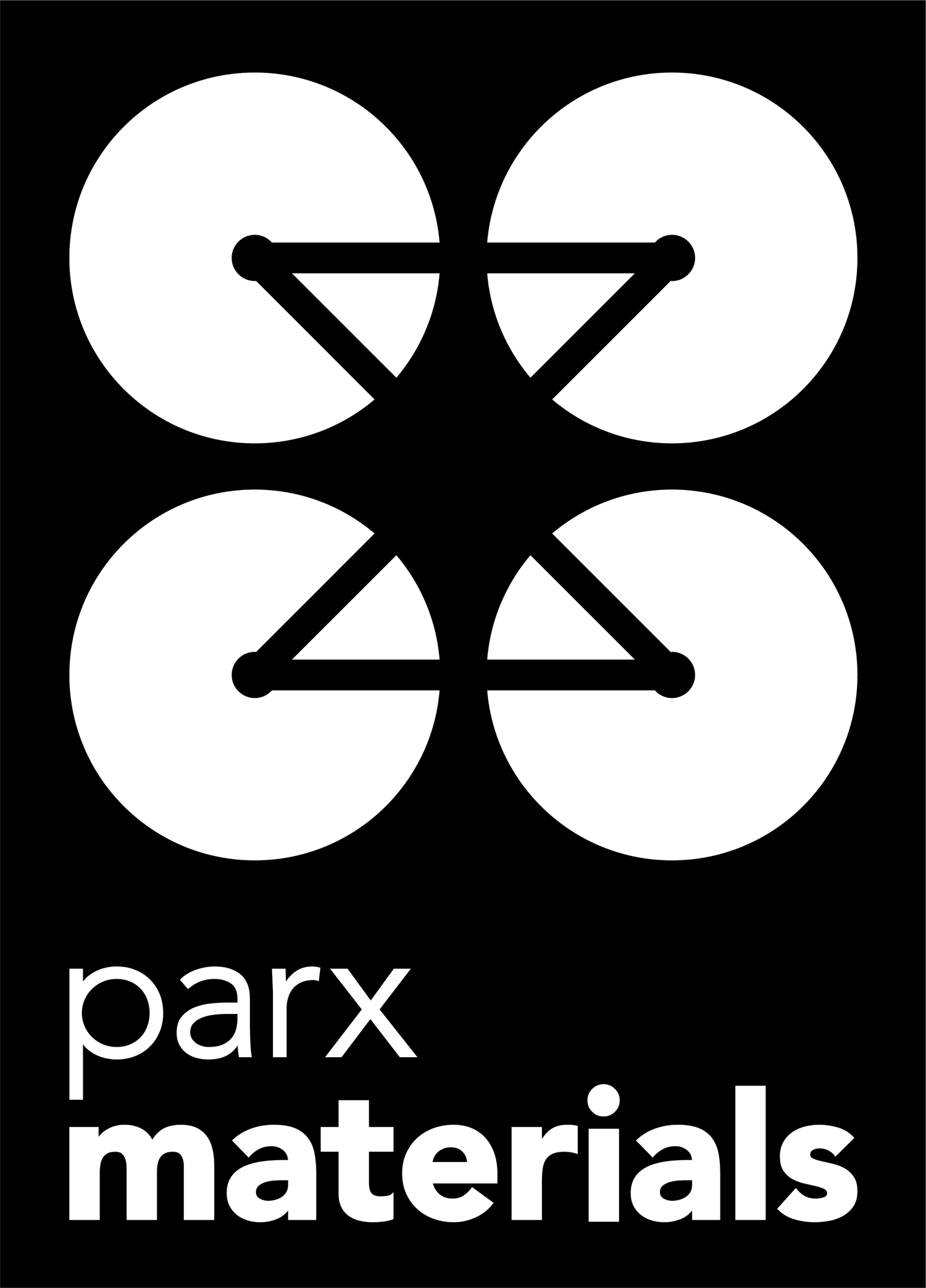Reducing infection risk and improve wound healing.
That is what the technology can offer. A unique approach in times where antibiotics are loosing their effectiveness due to resistant bacteria.
Reducing infection risks.
A pre-clinical trail with an permanent implant made with Saniconcentrate™ resulted in a scientific medical publication revealing a significant infection reduction on specimens with an implant made with Saniconcentrate™ compared to the specimens with a normal implant.
Improving wound healing.
Experiments with wound patches made with Saniconcentrate™ reveal a significant faster wound healing with these patients than normally expected. More details will follow later.
Preventing biofilm formation.
Infections on medical implants and medical devices often start from biofilm formation. Biofilm is the breeding ground for an exponentially growing bacteria colony. Preventing biofilm formation will prevent the exponential growth and hence prevent the infection.
…without inducing resistance.
Saniconcentrate™ contains a biocompatible element that in the human body is vital for the immune system. The way this element works against bacteria attachment and proliferation is body’s own and a method bacteria do not build-up a resistance to. A truly novel and welcome approach in times where antibiotics are loosing their efficacy.
Examples.
Parx technology reduces infection in surgery with hernia mesh for abdominal wall repair.
Parx Materials announced a medical publication of a pre-clinical study with a permanent implant. ‘Zinc-Impregnated Mesh for Abdominal Wall Repair Reduces Infection in a Rat Model of Peritonitis’ is the title of the study published by The Journal of Surgical Research on October 24th, 2019. The study was carried out by a.o. the Erasmus University Medical Center in Rotterdam, The Netherlands using polypropylene meshes produced with and without the aid of the Parx Materials antimicrobial and anti-biofilm technology.
Hernia
A hernia is a condition in which part of the intestine bulges through a weak area in the abdominal muscles. Hernias can cause pain and discomfort in the patient, and in more severe cases, can even cause the twisting of the intestine, which would subsequently require removal. Hernia repair involves re-positioning the intestine into the body cavity. It is one of the most commonly performed procedures in Europe and the U.S. and there is a rising demand for hernia repair solutions as the condition is intrinsically linked to the growing elderly and obese populations.
Bacteria is the largest threat
It occurs regularly that a gastrointestinal surgeon needs to operate on a patient twice. Mesh infection is one of the most severe and disastrous complications after hernia repair and may require surgical removal of the implanted mesh. Mesh removal may lead to patient morbidity, prolonged hospital admission, and increasing healthcare costs. Bacterial attachment and proliferation are necessary steps in the development of infection depending on several factors, such as the type of polymer and its structure. With the Parx Materials technology, it was found that it is able to inhibit multiple activities of bacteria.
Study
The objective of the study performed by the Erasmus University Medical Center was to assess whether a polypropylene mesh produced with the Parx technology has better antibacterial properties in a heavily contaminated environment compared with a regular polypropylene mesh. After a follow-up of 90 days a significant lower bacteria count was found in the mesh fitted with the Parx technology.
Resolving Periodontitis.
Patient wearing a dental tray made with Saniconcentrate™ during the night over a period of 3 weeks. The PerioPOC test results before treatment and after treatment. Tests performed by Dr. Gianluca Di Chiaro, a clinical and scientific consultant working for Zinkh NV, a Parx Materials partner.
Tissue reorganisation.
Patient wearing a dental tray made with Saniconcentrate™ during the night. Over the period of the treatment a reorganisation of the tissues in the coronal direction around the implant surface was also found.
Featured client.
The world’s first re-usable tampon applicator.
Dame developed from a successful Kickstarter project in 2017 to an award-winning and world-wide recognised sanitary product. Saniconcentrate™ has been part of the product from the start making it safe and hygienic. The Saniconcentrate™ acts as a natural sterilizer, helping the applicator to stay clean. www.wearedame.co

Get Rid of Bad Breath for Good.
Zinkh is committed to start a revolution in oral bacteria management. Bringing together experts in oral care, material innovation and microbiology. Using Saniconcentrate™, the first mouthguard that actively helps controlling and preventing oral health problems, like bad breath and bleeding gums, was created. Bad breath happens when the bacteria in your mouth grow out of control and these bacteria are harmful for your health and cause embarrassment. A nightguard made with revolutionary Saniconcentrate™ stops bacteria from growing in your mouth and is restoring your bacterial balance. www.breathguard.zinkh.com
“This is one of the most creative and interesting ways I’ve seen zinc applied in many years.”
— D. Cummins, Former R&D executive oral care Colgate-Palmolive
SAFETY COMPLIANCE CONFIRMED BY ZWIERS REGULATORY CONSULTANCY
Zwiers Regulatory Consultancy finalized its evaluation of the safety of the Parx Materials technology in medical devices according to the applicable standards (ISO 10993) and Regulation (EC) No 1907/2006.
Zwiers Regulatory Consultancy reviewed (i) data on safety aspects (material safety data sheets, and several well-known databases and (ii) biological safety evaluation test results. The outcome was that the starting and reaction materials applied are well-known and can be used to further process as part of a medical device.












